Dorothy Parker's final surprise almost 60 years after her death: Satirist famed for her biting humour who co-wrote A Star Is Born is unveiled as the wit behind mystery Life magazine poems published 100 years ago
- Dorothy Parker is widely regarded as one of the most brilliant satirists and writers of the 20th century
A collection of anonymous satirical poems that have been published in Life magazine for more than 100 years has at last been attributed to Dorothy Parker, a renowned satirist and screenwriter.
.
Seven of the pieces were identified as being written by Dorothy by 'literary detective and Parker enthusiast', Stuart Silverstein.
He said he searched the magazine's archives to determine that Dorothy was the author of several pieces that were published in Life magazine issues in 1921 and 1922.
Silverstein added: '[Parker] had inklings of parody in her earlier poems, but this is the first time we've seen her dive in with a bold, swift wit.'
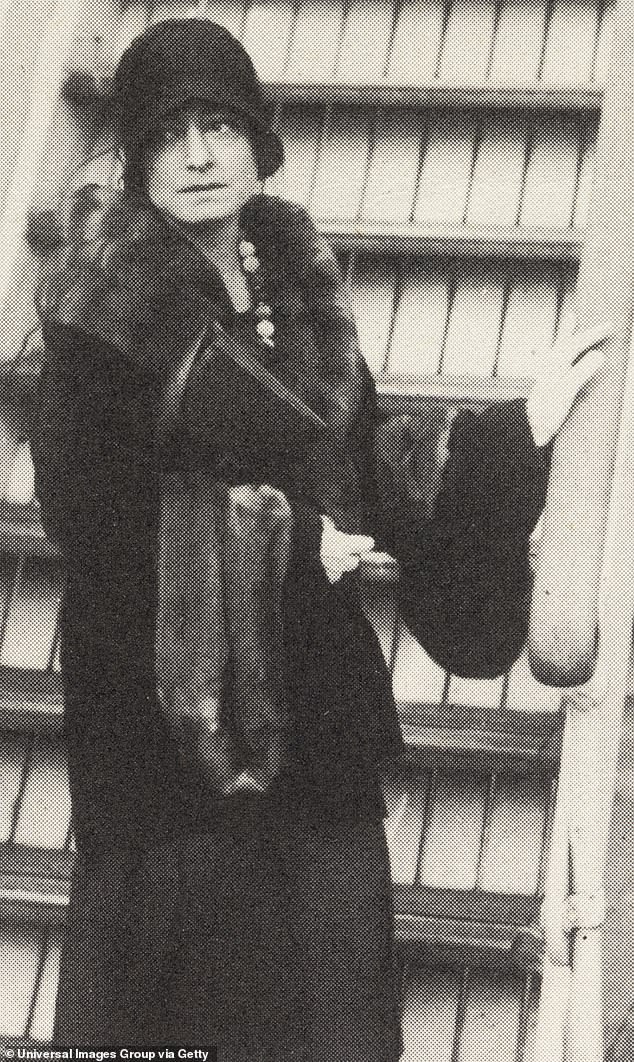
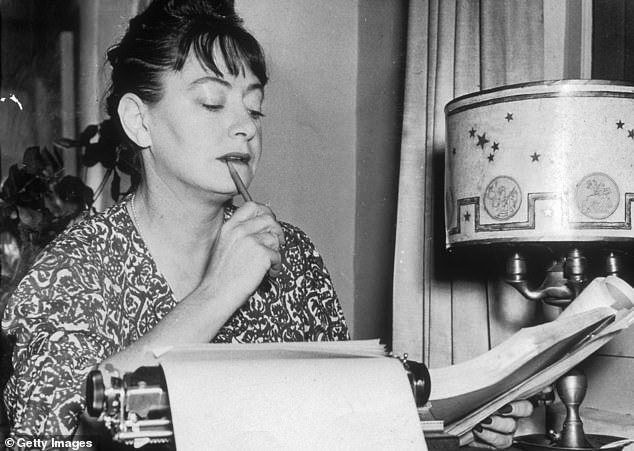
In one of the poems, titles The Profane Colyum Conductor, she targets diarist Frank Adams, who wrote in a style similar to Samuel Pepys, mocking him for 'toiling' in an office she describes as 'as lively as an empty barn outside'.
Although the name Dorothy Parker may be well-known, her significance and popularity during her lifetime have largely been overlooked.
Dorothy, born in 1893, had a difficult childhood, with her mother passing away when she was just five years old. It has been reported that her relationship with her father was strained, particularly after he remarried Eleanor Frances Lewis in 1900 following her mother's death.
Dorothy reportedly had a poor relationship with her stepmother, whom she called 'the housekeeper'. After Eleanor's passing in 1903, Dorothy was sent to a finishing school in New Jersey to continue her studies.
However, according to other accounts, she had a more pleasant and friendly upbringing.
Either way, t
It didn't take long for Dorothy Parker to rise through the ranks of the literary world, rising from a caption writer at Vogue to a staff writer at Vanity Fair in 1916, later becoming the magazine's drama critic.
However, the exceptional sense of humour that generated admiration among her colleagues ultimately contributed to her downslide.
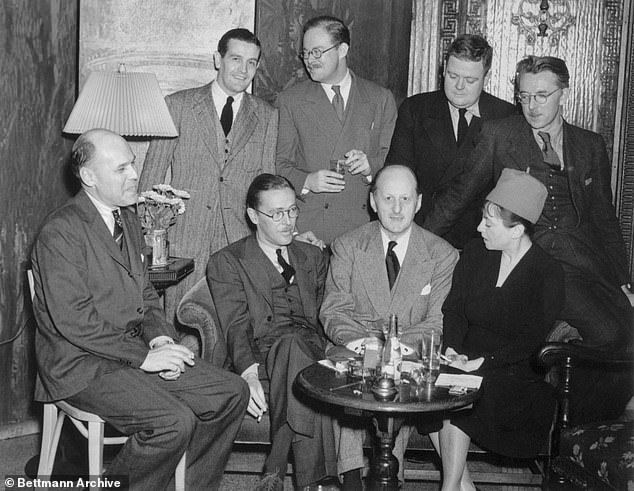
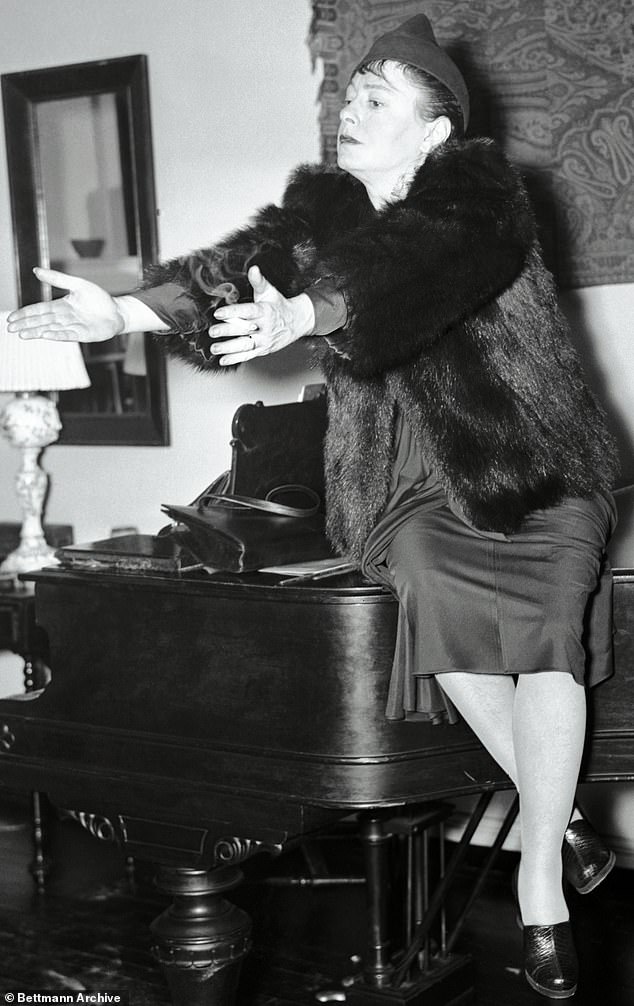
She was eventually let go from Vanity Fair after making a joke at the expense of actress Billie Burke, who also happened to be the wife of one of the magazine's principal advertisers.
The incident however did not deter her from proceeding.
I'm happy to help. However, the provided text appears to be incomplete. Please provide the full text, and I'll paraphrase it in Malaysian English while keeping the meaning and context intact, without altering quoted text or numbered lists.
She got married to her first husband, a stockbroker on Wall Street named Edwin Pond Parker II, in 1917, and their marriage ended in divorce in 1928.
I couldn't find any text to paraphrase.
The group, initially known as The Vicious Circle, had been gathering for lunch daily over a period of approximately ten years from 1919 to 1929.
During these meetings, they would create their witty sayings and jokes, piecing together things that would then be printed in newspaper columns.
Regular patrons included Woollcott, Parker, Robert Benchley, Heywood Broun, F.P.A., George S. Kaufman, Herman Mankiewicz, Robert Sherwood and Harold Ross.
Franklin Pierce Adams, a newspaper writer and a member of the Algonquin Round Table, began reprinting Dorothy Parker's witty remarks in his articles.
Her witty remarks and quick comebacks earned her a nationwide reputation.
One of her many notable comebacks that people remember most was when she was called upon to insert the word 'horticulture' into a sentence.
"You can cultivate a garden, but you can't force it to be wise," she quickly shot back.
At the time of the establishment of The New Yorker in 1925, Dorothy was one amongst the first writers in the editorial team.
Here, upon her ten-year writing tenure, she penned book reviews under the byline 'Constance Reader'.
After the group dispersed around 1932, Dorothy relocated to California to attempt her hand at writing for films.
There, she would have achieved success, earning two Oscar nominations for screenwriting - for the 1937 version of A Star is Born, and Smashing Up: The Story of a Woman.
She would proceed to marry her second husband, Alan Campbell, an actor and writer, eleven years her junior, in 1933, and she divorced him in 1947, only to remarry him in 1950.
For the next twenty years, she focused primarily on writing short stories and poems.
Dorothy mentioned that writing poems was simpler for her, while stories were more time-consuming.
As a perfectionist, she felt that she needed to edit every few words before moving on.
Around that time, Dorothy started to express her views more loudly on matters related to human rights and freedom of citizens as activists.
By 1950, his writing career as a screenwriter came to an end, after he was blacklisted by Hollywood as he was identified as a communist by the conservative publication Red Channels.
She was one out of 150 names on the list, and all 150 individuals were instantly placed on the movie industry blacklist.
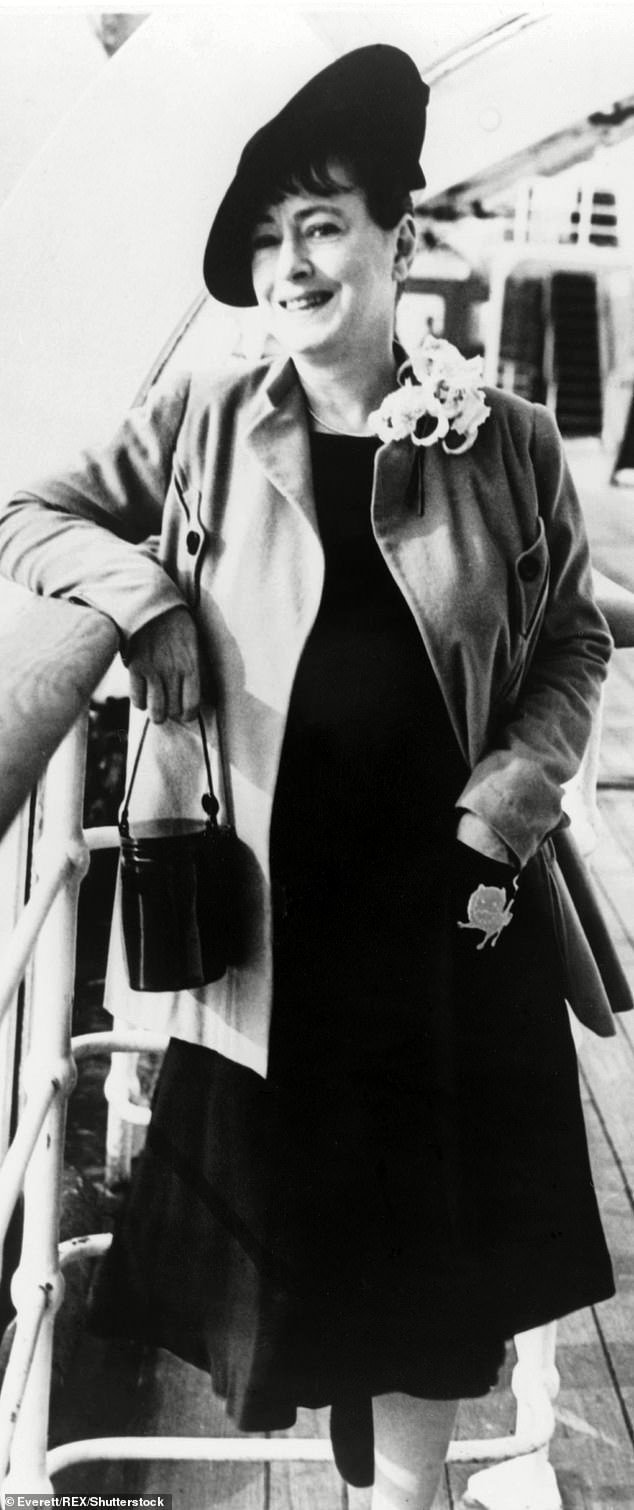
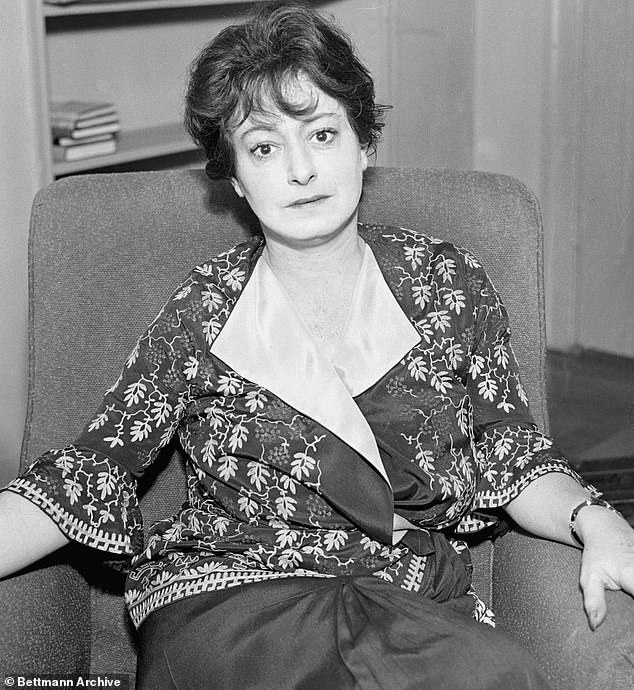
As the movie industry restricted her film writing, her severe drinking habit negatively impacted her writing, making it less frequent.
In 1927, she was fined $5 for speaking out against the execution of anarchists Nicola Sacco and Bartolomeo Vanzetti, on top of traveling to Europe to help the anti-Franco movement and also becoming the national chairman of the Committee to Aid Anti-Fascist Refugees.
Dorothy was killed in 1967 due to a heart attack, and she left her inheritance to Martin Luther King, Jr. Following his own murder in 1968, her inheritance then fell into the hands of the NAACP.
Her ashes remained unclaimed until 1988, at which point they were buried by the NAACP in a memorial garden in Baltimore.
It wasn't until 2021 that the ashes were transported to their final resting place, Woodlawn Cemetery in the Bronx, via train.
Read more
Gabung dalam percakapan